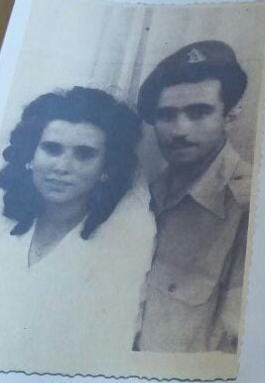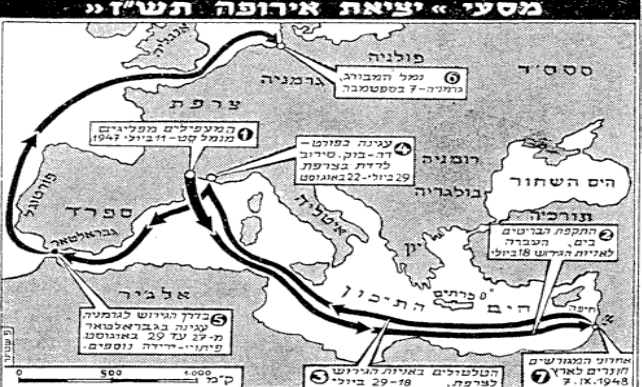A family, a legacy, a home
Elkaslasi
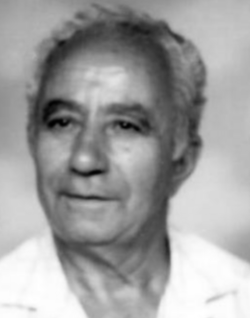
Shmuel Elkaslasi
A Life of Courage and Resilience
Early Life & WW2 Shmuel was born in 1926 in Safi, Morocco. When he was 10 years old, riots broke out across the city, deliberately targeting Jewish neighborhoods. Synagogues, homes, and shops were burned, and families like Shmuel's feared for their lives. With nowhere safe to stay, his family fled to Casablanca. In Casablanca, his father started a small grocery store to rebuild their life. But the trauma of the riots stayed with Shmuel. At 15, he joined B'nei Akiva, a Jewish youth group, to connect with his heritage and protect his people. Post-War Journey to Israel After WW2, Shmuel focused on helping Jewish refugees. In 1947, he joined the ship Exodus, carrying Holocaust survivors to Palestine. When British soldiers attacked the ship, Shmuel fought them off, throwing explosives back into the sea. The British captured the ship and sent everyone to Germany. Shmuel saw the abandoned Nazi camp Bergen-Belsen, shocking him deeply. Using fake papers, he escaped to Paris and finally reached Israel in 1948, just before it became a country. Life in Israel Shmuel joined Israel's new army (IDF) and helped build its engineering unit. Later, he moved to a kibbutz (a farming community), there he met and married Hannah, and raised seven children with her. Even after retiring, he kept helping others volunteering with police, neighborhood patrols, and a children's hospital. Legacy Shmuel's life shows bravery and strength from fleeing riots in Morocco to building Israel. His courage outlived hardship. He passed away in 2006, and Hannah in 2017, but their family continues their story.

Hannah Elkaslasi
A Journey of Courage and Dedication
Early Life & Aliyah Hannah was born in 1931 in Morocco. At the age of 18, she made the courageous decision to immigrate to Israel alone through the Youth Aliyah program in 1949, while her family remained in Casablanca. Youth Aliyah was a Zionist movement established to bring young people to Israel and prepare them for settlement in the country's kibbutzim and moshavim. Life in the Kibbutz Hannah joined the training program at Kibbutz Dores, where she met her future husband, Shmuel Elkaslasi, who was one of her instructors. In the kibbutz, she worked primarily in the children's house and helped with various required activities on the farm. During this time, she even had the opportunity to meet Prime Minister David Ben-Gurion, who listened to the group's work on the farm. Building a Family Hannah and Shmuel married in 1950 at Ma'agan and moved to Kfar Ata. While Shmuel served in the Engineering Corps, Hannah began working at Ata Textile Factory, a factory established in the young State of Israel to produce work clothes and military uniforms. Medical Career & Yom Kippur War In 1962, the family moved to Petah Tikva, where Hannah began working at Beilinson Hospital in the operating room. She was responsible for the delicate and expensive surgical equipment. During the Yom Kippur War in 1973, Hannah was urgently called to the operating room even before the general mobilization of reserves, including her husband Shmuel and their eldest son Nisim. Her dedication to her work during this critical time was a testament to her commitment to saving lives. Retirement & Volunteer Work After retiring, Hannah volunteered at Schneider Children's Hospital for many years, receiving a certificate of appreciation for her dedicated service. Together with Shmuel, they raised seven children, instilling in them strong values, achievements, and love. In their home, they spoke only Hebrew, as Shmuel always said, "This is our language, we need to develop it and don't need any additions." Legacy Hannah's journey from Morocco to Israel, her dedication to building the country, her medical career, and her commitment to family values continue to inspire future generations. Her story is one of courage, dedication, and unwavering commitment to both her family and her country.
Family Timeline
A JOURNEY OF COURAGE AND RESILIENCE
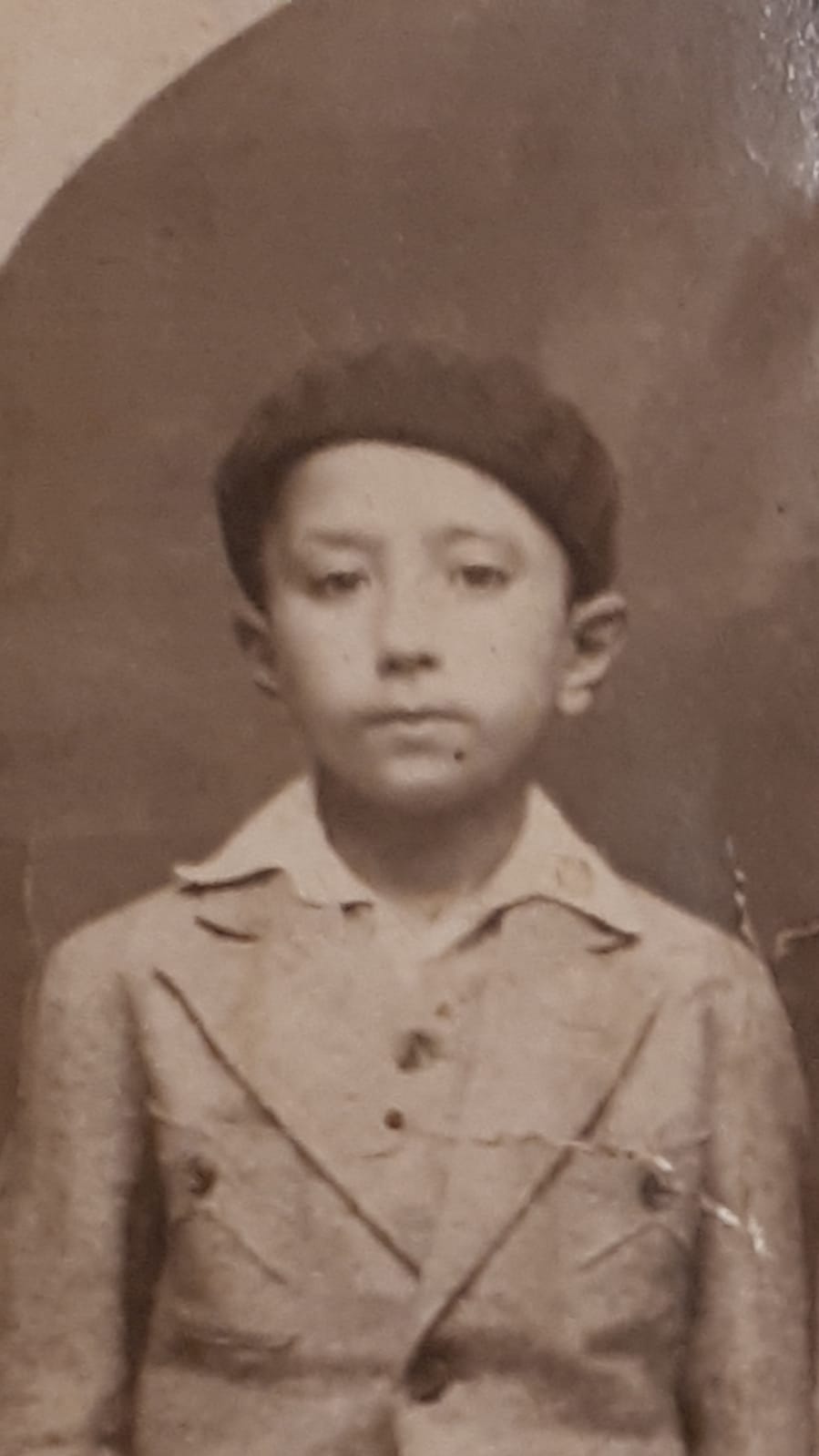
1926
Shmuel is born in Safi, Morocco, into a Jewish family. His early years are marked by the rich traditions of Moroccan Jewish life.
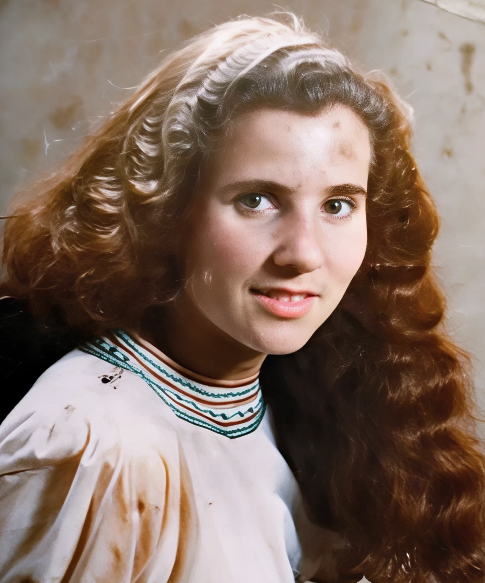
1931
Hannah is born in Morocco. She grows up in a traditional Jewish household, learning the values of family and community.
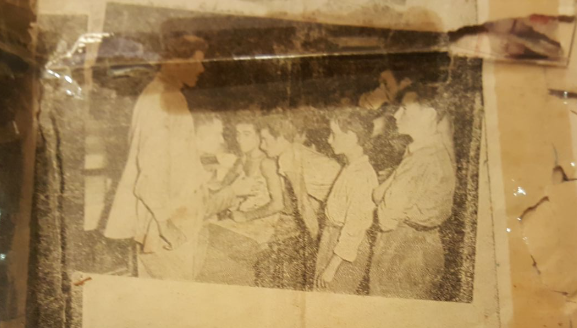
1936
Anti-Jewish riots break out in Safi. Shmuel's family flees to Casablanca, where they rebuild their lives. This event shapes Shmuel's determination to protect his people.

1947
Shmuel joins the ship Exodus, helping Holocaust survivors reach Palestine. He bravely fights off British soldiers, showing his commitment to Jewish survival.
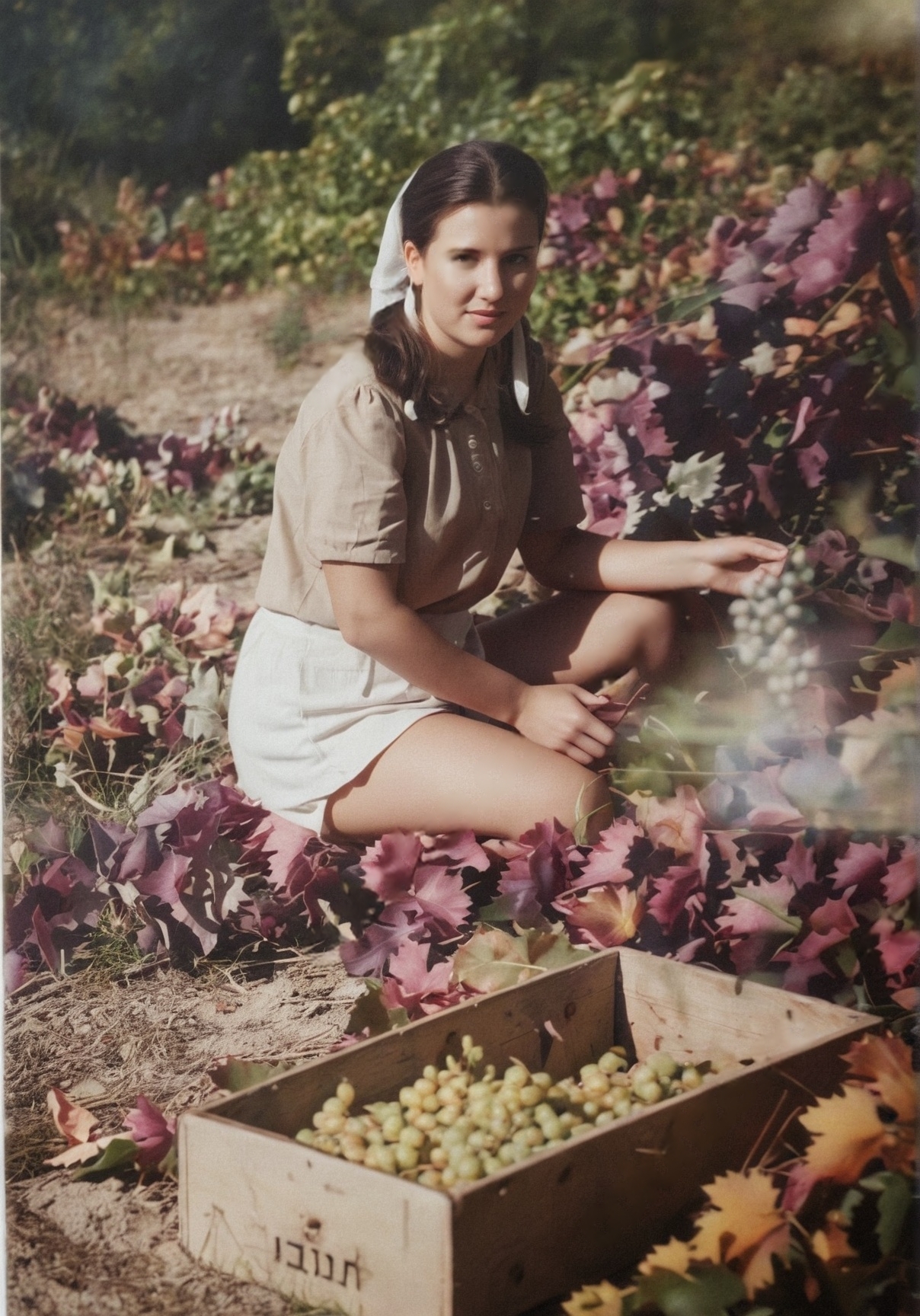
1949
Hannah makes the courageous decision to immigrate to Israel alone through Youth Aliyah. She leaves her family in Casablanca to help build the new Jewish state.
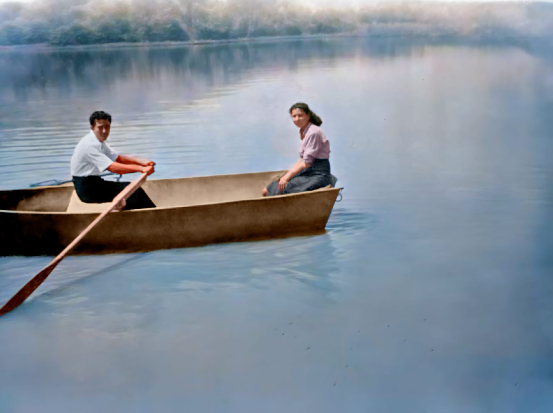
1950
Shmuel and Hannah meet at Kibbutz Dores, where Shmuel is an instructor. They marry at Ma'agan and move to Kfar Ata, beginning their life together in the young state of Israel.

1962
The family moves to Petah Tikva. Hannah begins working at Beilinson Hospital in the operating room, responsible for delicate surgical equipment. Meanwhile, they continue raising their growing family.

1973
During the Yom Kippur War, Hannah is urgently called to the operating room before the general mobilization. She works tirelessly to save lives while her husband Shmuel and eldest son Nisim are called to serve.
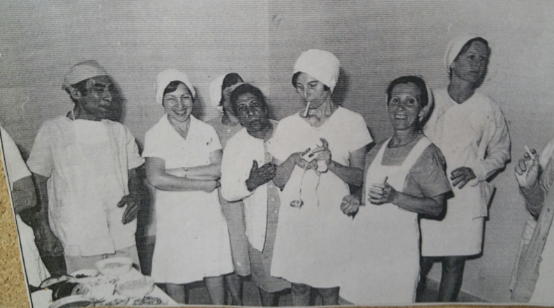
1990s
After retiring from Beilinson Hospital, Hannah volunteers at Schneider Children's Hospital, receiving recognition for her dedicated service. The family continues to grow, with children marrying and starting families of their own.
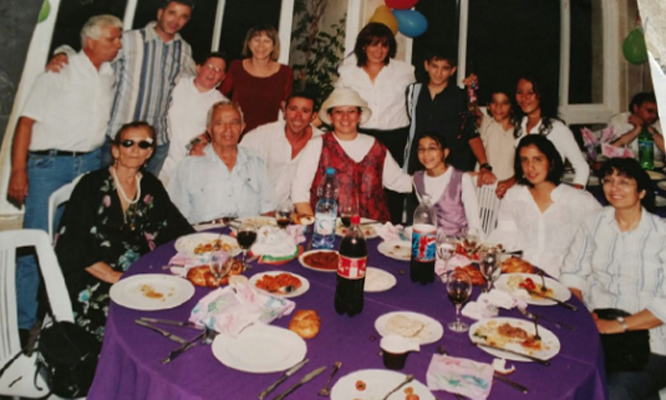
2000s
Their seven children marry and have children of their own. The family grows to include dozens of grandchildren and great-grandchildren, continuing their legacy of strength and unity.
Shmuel Elkaslasi
Father
(1926 - 2006)
Hannah Mshali
Mother
(1931 - 2017)
Nisim
1st Son
b. 1951
Phani
1st Daughter
b. 1953
Nurit
2nd Daughter
b. 1956
Gloria
3rd Daughter
b. 1960
Lea
4th Daughter
b. 1964
Moshe
2nd Son
b. 1967
Egal
3rd Son
b. 1970
Family Gallery
A collection of precious moments








